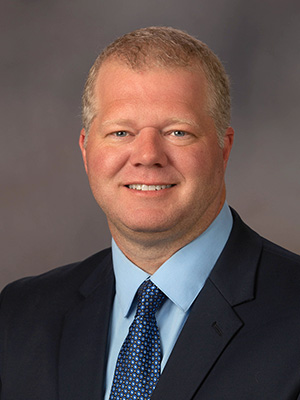Prehospital Trauma Life Support

UMMC's Resuscitation Training Center Launches New Course: Prehospital Trauma Life Support (PHTLS)
The University of Mississippi Medical Center Resuscitation Training Center is proud to announce the addition of a new course: Prehospital Trauma Life Support (PHTLS). This course aims to enhance the skills and knowledge of emergency medical service (EMS) professionals, ensuring they are well-equipped to provide critical care in prehospital settings. The launch of the PHTLS course has been made possible through generous funding from the Mississippi Trauma Care Systems Foundation, which recognizes the vital role of comprehensive trauma care training in saving lives.
Understanding Prehospital Trauma Life Support (PHTLS)
Prehospital Trauma Life Support (PHTLS) is an internationally recognized program designed to improve the quality of trauma care and decrease mortality. Developed by the National Association of Emergency Medical Technicians (NAEMT) in cooperation with the American College of Surgeons Committee on Trauma, PHTLS focuses on the latest evidence-based trauma treatment guidelines and techniques.
Course Objectives
The PHTLS course at UMMC aims to:
- Equip EMS professionals with advanced trauma care knowledge and skills.
- Enhance the rapid assessment, intervention, and management of trauma patients.
- Promote critical thinking and decision-making in trauma care scenarios.
- Foster a team-based approach to trauma management in prehospital settings.
Course Structure
The PHTLS course is structured to provide a comprehensive learning experience through a blend of theoretical knowledge and practical skills. Key components of the course include:
- Lectures and Interactive Discussions: Covering the principles of trauma care, injury patterns, and patient management.
- Skills Stations: Hands-on practice in airway management, hemorrhage control, shock management, and spinal immobilization.
- Simulation Scenarios: Realistic trauma scenarios to apply learned concepts and enhance decision-making under pressure.
- Assessment and Certification: Participants undergo a final evaluation to earn PHTLS certification, valid for four years.
Funding from the Mississippi Trauma Care Systems Foundation
The introduction of the PHTLS course at UMMC has been significantly supported by the Mississippi Trauma Care Systems Foundation. This foundation is dedicated to improving trauma care across the state by funding initiatives that enhance the skills of healthcare providers and the overall trauma care system.
Impact of the Funding
The funding provided by the Mississippi Trauma Care Systems Foundation has allowed the Resuscitation Training Center to:
- Acquire state-of-the-art training equipment and simulation tools.
- Offer the PHTLS course at a reduced cost to EMS professionals across Mississippi.
- Expand the reach of trauma care education to rural and underserved areas.
- Ensure that the course is accessible to a larger number of participants, ultimately improving trauma care statewide.
- Collaborate with UMMC’s Anatomy Lab for a unique participant experience.
Looking Ahead
UMMC's Resuscitation Training Center plans to continue expanding its course offerings and further strengthening trauma care education in Mississippi. With ongoing support from the Mississippi Trauma Care Systems Foundation and other stakeholders, the center aims to become a leading hub for trauma care training in the region.
Conclusion
The addition of the Prehospital Trauma Life Support (PHTLS) course at UMMC's Resuscitation Training Center marks a significant step forward in enhancing trauma care education for EMS professionals in Mississippi. The generous funding from the Mississippi Trauma Care Systems Foundation has been instrumental in making this high-quality training accessible and impactful. As UMMC continues to advance its educational programs, the ultimate beneficiaries will be the trauma patients who receive timely, skilled, and effective care from well-trained EMS professionals.


